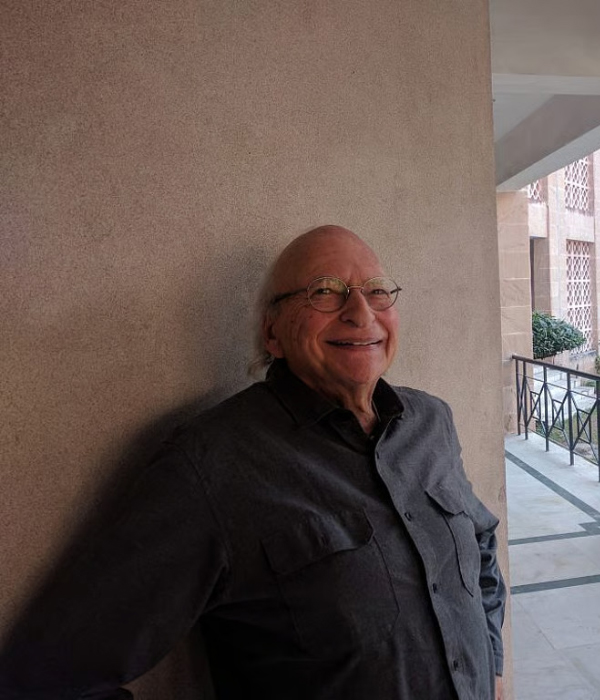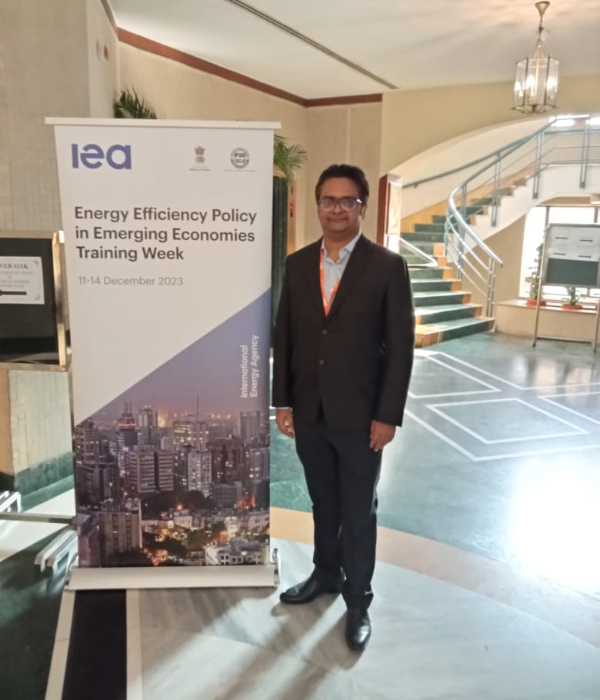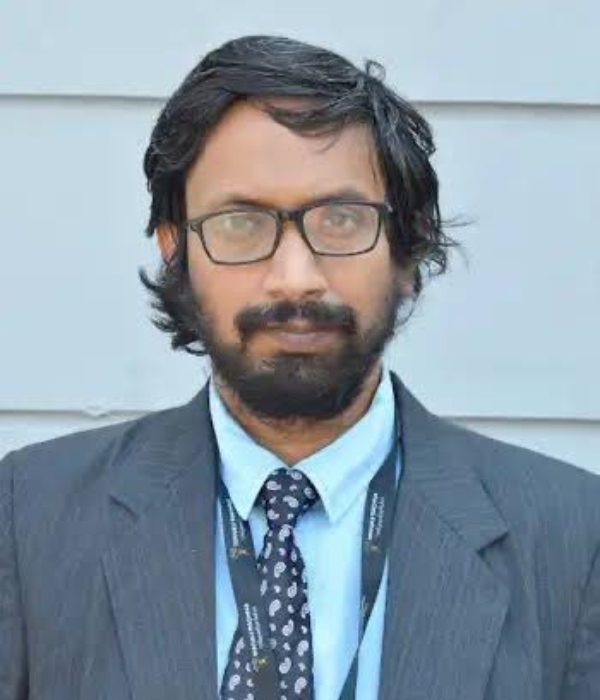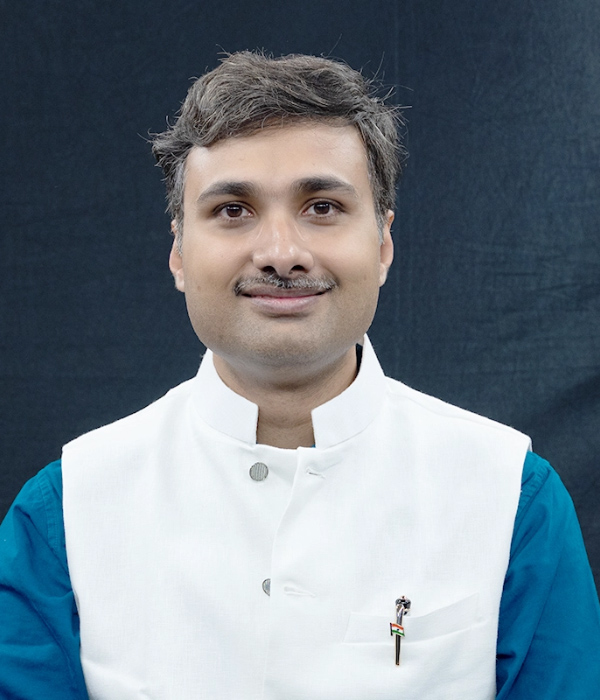Advisory Board

Prof. Nicholas A. Robinson
Professor Robinson is widely recognized in the U.S. and globally as a pioneer of modern environmental law. He began developing environmental law in 1969, when he was named to the Legal Advisory Committee of the President’s Council on Environmental Quality. During his career, he drafted New York’s wetlands and wild bird laws and was inaugurated as the first chairman of both the statutory Freshwater Wetlands Appeals Board and Greenway Heritage Conservancy for the Hudson River Valley. He has also contributed extensively to international law, including editing the proceedings of the 1992 United Nations Earth Summit in Rio de Janeiro, Brazil. He has engaged in drafting treaties and counselling different countries on preparation of environmental laws.
Professor Nicholas A. Robinson has been a distinguished member of the faculty at the Elisabeth Haub School of Law at Pace University since 1978. In 2009, Pace University conferred the prestigious position of University Professor for the Environment on Professor Robinson for his significant contribution to scholarship in the field of environmental law, both in the USA and abroad. He holds the title of inaugural Gilbert and Sarah Kerlin Distinguished Professor of Environmental Law Emeritus.
Professor Robinson is a prolific legal scholar with hundreds of books, chapters, law review and scholarly journal articles and citations to his credit on pressing topics including conservation, historic preservation, climate change, sustainable development, zoonosis, human rights, international environmental law and more.

Prof. Kirk W. Junker

Prof. Armin Rosencranz

Mr. Aayush Anand

Dr. Anandajit Goswami
Dr. Anandajit Goswami is an acclaimed energy economist and sustainability scientist with over 22 years of experience in climate-resilient green growth, sustainable development, and energy policy. He is a Research Fellow at the Ashoka Centre for A People-Centric Energy Transition, and Honorary Visiting Professor at the IMPRI Impact and Policy Research Institute, as well as Director of the Manav Rachna International Institute of Research & Studies.
Dr. Goswami has significantly contributed to research and policy design at both national and sub-national levels in India. He has led several major projects funded by organizations such as the Global Green Growth Institute and the Atomic Energy Commission, focusing on the integration of energy, economy, and climate models. Among his numerous commendable contributions to the field of sustainability, he has advised NITI Aayog and the Ministry of Environment, Forest and Climate Change, Government of India, on the implementation of progressive sustainable development growth plans across states, as well as on India’s sustainable development commitments at a global level.

Prof. Dr. Abhiroop Chowdhury

Prof. Aliya Naz
Dr. Aliya Naz is an Assistant Professor at ‘Jindal School of Liberal Arts and Humanities’, O.P. Jindal Global University, India. She has completed her Ph.D. from Indian Institute of Technology, (IIT) Dhanbad with an MHRD fellowship in Environmental Science. Her research topic focused on hexavalent Chromium pollution in water, soil and plants at Sukinda (the largest chromite mine of India) and its impact on human health in the mining belt. Along with her Ph.D. research she has been involved in enviro-social work project in the Indian Sundarbans (the world’s largest delta), working towards achieving UN Sustainable Development Goals (SDG’s), primarily- SDG 1,2,3,6,7,8,10,13,15. She has also worked in the Indian Sundarbans for different projects from 2017-2021 as an environmental consultant. She has also worked as a Project Scientist at the Gujarat Institute of Desert Ecology in Bhuj, Gujarat on different socio-environmental issues such as pollution assessment, health risk assessment, and ethno-medicines along Kachchh biosphere Reserve in India. She also worked at IIT Kanpur on the status of water pollution along middle reach of Ganges river basin and its impact on human health. Dr. Naz’s research focuses on environmental pollution, human health, and Sustainable developmental goals. She has expertise in environmental and human health risk assessment models and has published more than 15 research articles in different national and international SCOPUS indexed journals.

Mahak Agrawal
Mahak Agrawal is an urban planner, climate scientist, public policy and sustainability expert, with deep experience advancing sustainability, equity, and climate resilience across sectors and continents. She is the initiator of All Bits Count (ABC)—a creative climate action project launched at the UN Summit of the Future and UN Climate Change Conference COP29—and serves on the Steering Board of the ITA-AITES Committee on Underground Space (ITACUS) and the Board of the International Society of City and Regional Planners (ISOCARP). She is also a LinkedIn Top Green Voice, TEDx Fellow, and former United Nations fellow.
In 2024, Mahak was nominated by the Government of India to the Intergovernmental Panel on Climate Change (IPCC) as a climate science and urban sustainability expert. She has twice served as an expert reviewer for the IPCC and continues to shape global discourse through scientific publications and international speaking engagements, including at the United Nations. Mahak holds dual master’s degrees: an MPA in Environmental Science and Policy as a Shardashish Scholar and Environmental Fellow at Columbia University in the City of New York, where she led pioneering research on the future of food systems; and a Master’s in Urban Planning from the School of Planning and Architecture, Delhi.
Her expertise spans climate and environmental policy, ESG and carbon management, urban resilience, and inclusive development. Over the years, Mahak has advised and collaborated with leading global institutions, including the OECD, UNEP, World Bank Group, European Climate Foundation, Institute of Transport Economics (Norway), and multiple ministries of the Government of India. She was nominated for the Gates Foundation’s 2021 Goalkeepers Global Goals Award for her efforts in accelerating the Sustainable Development Goals in India through public health and urban policy innovations.
